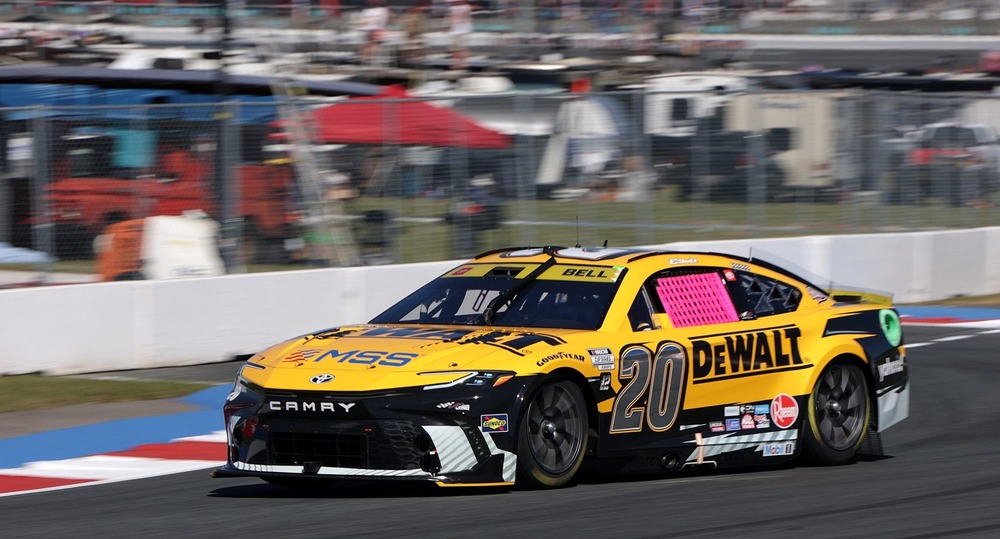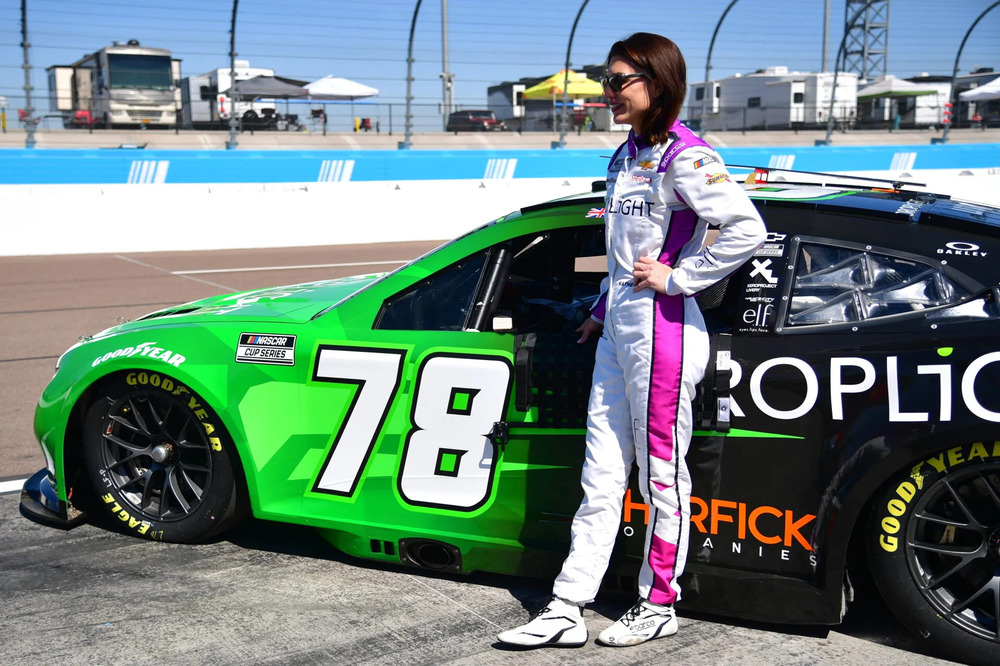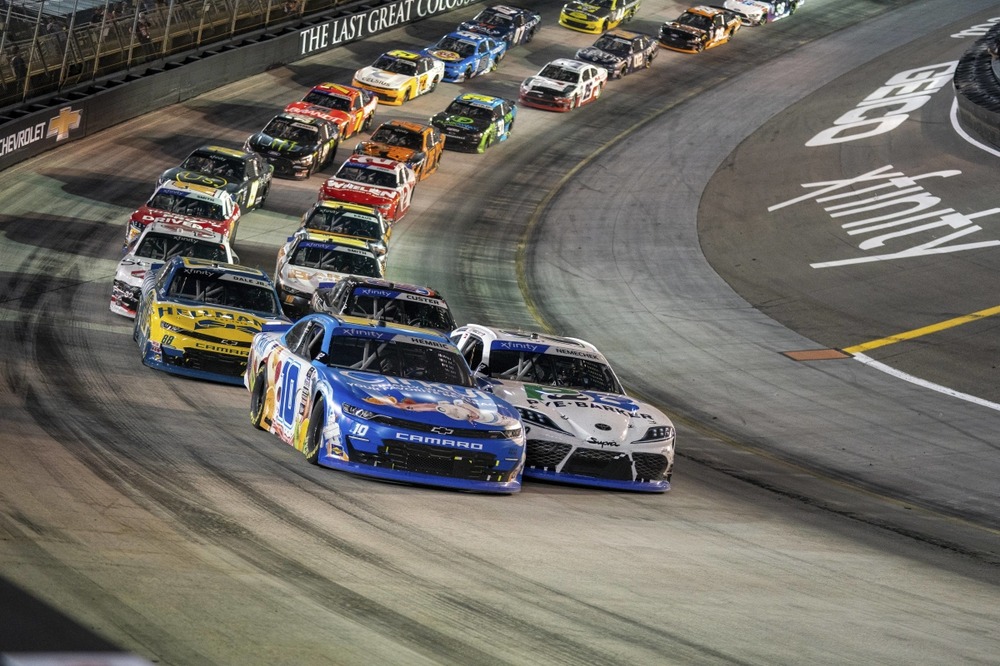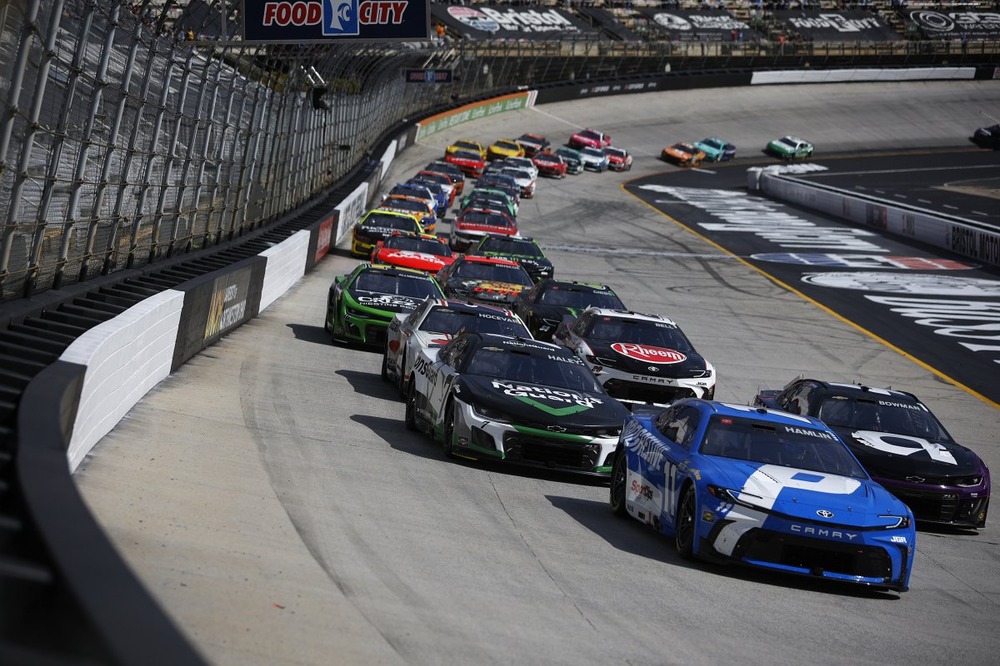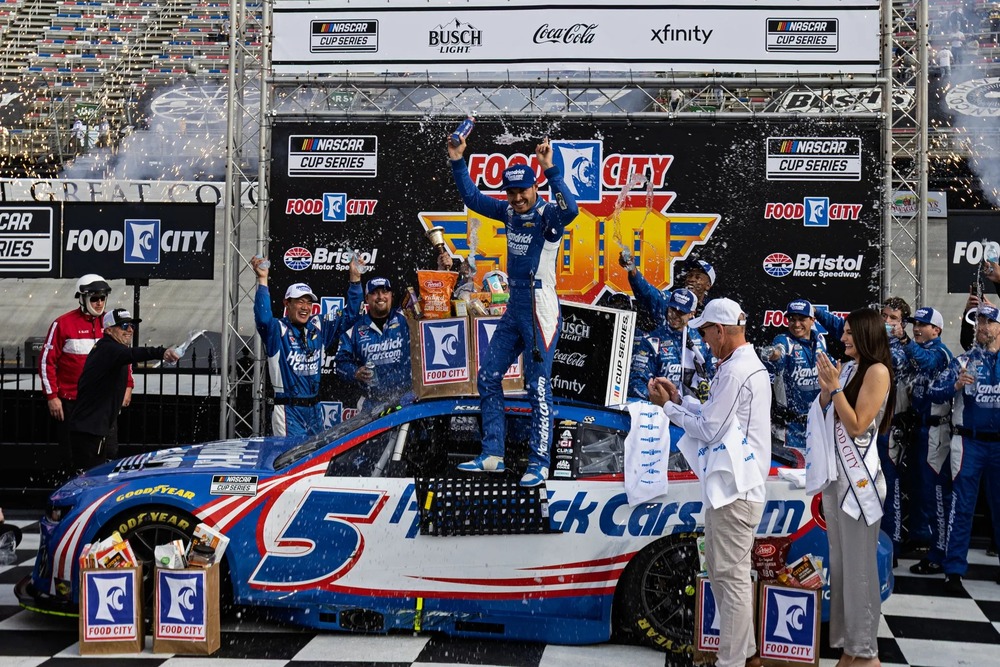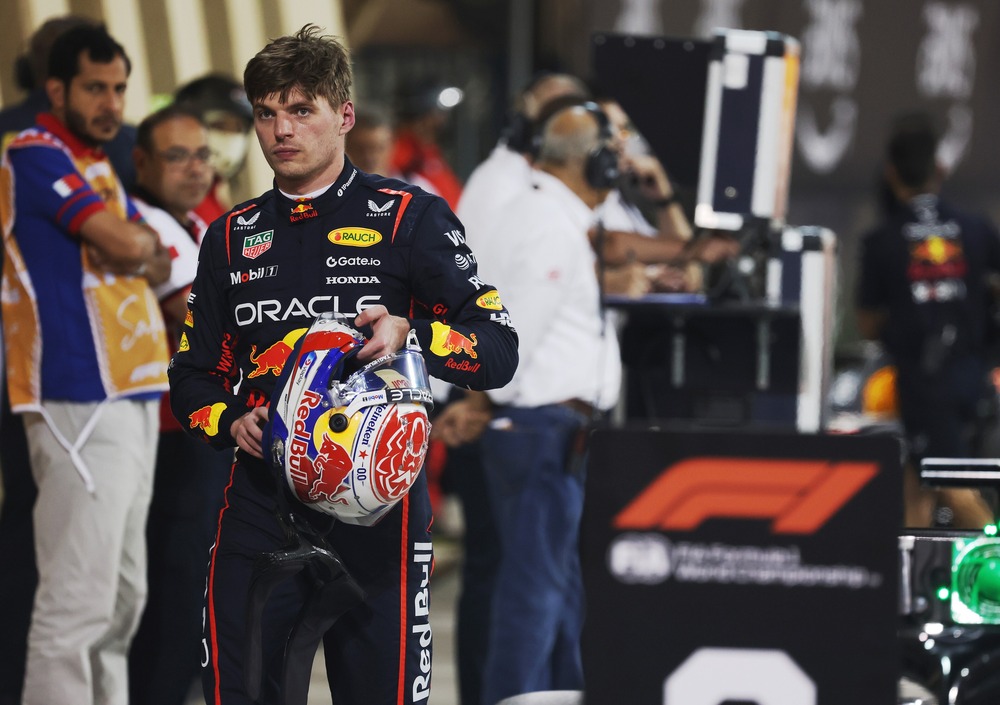Recent allegations have emerged that have sent shockwaves through the NASCAR community, particularly involving Joe Gibbs Racing, a team renowned for its competitive prowess and rich history in the sport.
Joe Gibbs Racing engineer has been alleged to be involved in NASCAR intellectual property theft by allegedly selling sensitive team information to a rival team.
The allegation which was reported by Associated Press has drawn comparisons to the infamous Spygate scandal in Formula 1, raising questions about the integrity of the sport and the potential ramifications for all parties involved.
The NASCAR intellectual property theft allegations surfaced after reports indicated that the engineer, who is currently in a contract year with JGR, provided proprietary data related to car setups and engineering insights to a rival team not participating in the current Cup Series playoffs.
The financial compensation received for the information has raised eyebrows, as it poses significant ethical concerns within the racing community. Such data is crucial for a team’s performance, and sharing it with rivals could drastically alter race outcomes and affect championship standings.
As the season approaches its climax with two JGR cars still contending for the championship title, the implications of these allegations are particularly severe.
Joe Gibbs Racing, founded by former NFL coach Joe Gibbs, has a storied legacy in NASCAR, boasting five Cup Series championships. The potential betrayal from within its ranks is not just a matter of internal trust; it threatens the very foundation of competitive fairness that NASCAR strives to uphold.
According to AP, NASCAR officials have confirmed their awareness of the situation but have refrained from taking immediate action due to the absence of formal complaints from either team involved.
However, a series spokesman confirmed to AP at Charlotte Motor Speedway Cup Series playoffs over the weekend that “a brewing scandal” has been forming between the two teams involved, and that executives with six race teams also confirmed that there is an ongoing battle.
The lack of a formal complaint creates a precarious situation where NASCAR intellectual property theft could go unpunished, setting a troubling precedent for future conduct within the sport. Series representative indicated that unless a formal grievance is lodged, their hands are tied regarding any disciplinary measures.
The gravity of these allegations cannot be overstated. Intellectual property theft in sports is not merely an ethical violation; it can lead to severe financial repercussions for teams involved.
As sponsorship opportunities dwindle and operational costs rise in NASCAR, maintaining competitive integrity becomes increasingly critical.
If these allegations are substantiated, both the implicated Joe Gibbs Racing engineer as well as the team could face significant penalties, including fines or sanctions that could impact their performance and reputation.
Anonymous sources within multiple teams have suggested that discussions regarding employment opportunities for the accused engineer have been taking place with other organizations on the grid.
This raises further questions about loyalty and commitment within teams, especially during such a pivotal time in the racing season. The potential for an engineer to leverage sensitive information for personal gain reflects poorly on both individual ethics and team culture.
The broader implications of this scandal extend beyond just Joe Gibbs Racing and the rival team involved. It highlights vulnerabilities within NASCAR’s regulatory framework concerning intellectual property rights and employee conduct.
As teams navigate an increasingly competitive landscape, ensuring that proprietary information remains secure is paramount. The possibility that employees can transfer sensitive data without facing immediate consequences poses a risk not only to individual teams but to the entire integrity of NASCAR.
Social media reaction has been swift, with many fans drawing parallels between this incident and past scandals in other motorsport disciplines.
The term “NASCAR’s Spygate” has been floated around as commentators reflect on how similar situations have unfolded in Formula 1. In 2007, McLaren was fined $100 million after being found guilty of stealing Ferrari’s technical information and such historical precedents serve as cautionary tales for NASCAR as it navigates the emerging controversy.
While NASCAR is yet to issue a formal statement addressing these allegations directly, team owners and executives have expressed concern over how such incidents could further complicate an already challenging business environment.
As investigations into these allegations continue, all eyes will be on Joe Gibbs Racing and the sport’s response to the unfolding drama. The outcome could set significant precedents for how NASCAR intellectual property theft is handled in motorsports moving forward.
Should formal complaints be filed or legal action initiated, it may lead to a reevaluation of policies surrounding employee conduct and proprietary information management.

